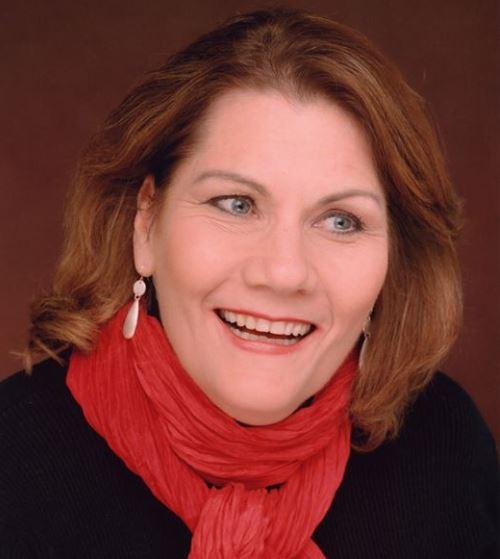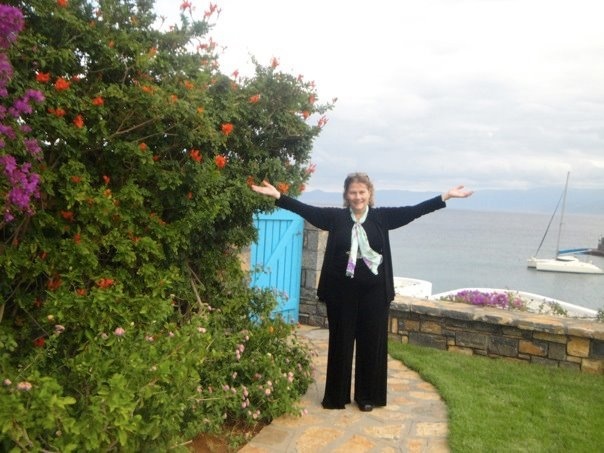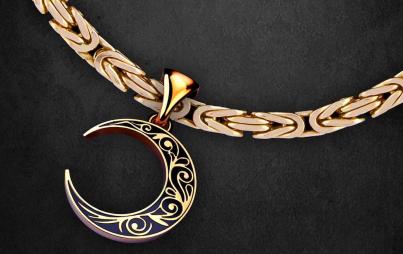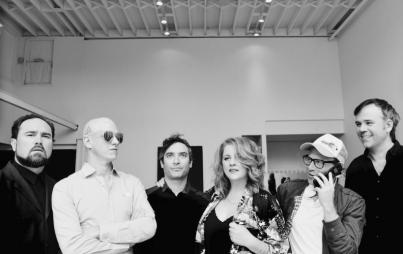
Romance in our society tends to mean "young love"—pop songs regale us with the rush of teenaged first bliss; romantic comedies throw together young, improbably Hollywood-attractive twentysomethings or (not infrequently) younger-than-twentysomethings. Romantic love is young, and the most important thing.
Which is why, as a boring, aging fortysomething, I'm such a fan of Kathleen Gilles Seidel's novels. Not that her characters are always fortysomething or boring—on the contrary, many of them are glamorous, successful, and even improbably attractive, in the best romance tradition. But they've also all got things going on other than just the rush of first love. They have careers, families, histories, and relationships with mothers, dads, siblings, and kids. Love matters, and finding that special someone matters, but it doesn't erase everything else. Instead, it has to be worked in around all the other bits of life, whether that's starting a business or figuring out how to deal with your mother. Love isn't everything, nor the most important thing always—which makes it, somehow (especially for the not-quite-so-young) more precious and real.
I caught up with Seidel to talk about her background in English literature, her passion for ice skating and beauty pageants, and the amazing advice she promptly ignored.
You have a PhD in English literature. Has that helped you write romance novels? Did it make it harder to write them at first? A little of both?
Why on earth would being well-read and understanding how a novel is put together make it harder to write one?
My education has helped me understand all the things that you can do within the confines of a courtship plot. It helps during revisions; I have a vocabulary for technical matters that other writers only know intuitively. In the early years it was a great publicity hook; in the '80s I had the best academic credentials of any Harlequin author, and so the company used me a lot.
I am answering the question that you asked. All of the above is true once I started writing romances. But before I could be a romance writer writing romances, I did have some post-graduate school issues to work out.
After getting my degree, I had turned down two tenure-track job offers nominally because of their location (but I must have sensed that an academic career wasn't right for me), and my dissertation advisor told me that I had wasted his time.
I was teaching part-time at several different colleges and not turning my dissertation into little journal articles. That was my job, getting up every morning and not turning my dissertation into little journal articles. So I started writing a novel, and I instantly knew that writing fiction was what I was put on earth to do.
This novel was going to change the world. People would read it, pick up their whole lives, and move to Kansas. I was 29, and apparently I knew a great deal about how people should live.
In truth the real audience of that book was the six senior faculty members of the Johns Hopkins English department, and the purpose of the book was to show them.
Agents took my cover letter and wrote "no" across the top. They didn't even waste a piece of their own stationery on me.
I really liked my "re-entry housewife" students at the community college. So I wrote my next book to them, and it was a romance. I wasn't trying to change their lives—their lives were fine, thank you. I was trying to change their afternoons. You know how it is—a day isn't going well, and then you find the right book . . .
That book sold to Harlequin in six days counting mailing time.
What books have inspired you as a writer (whether romances or literature or other genres)?
My mother's main form of relaxation was reading. So in junior high I read her Emilie Lorings, in high school her Georgette Heyers. In graduate school reading Harlequin Presents kept me connected to the joys of the primary reading experience—something that is easy to lose track of when you are reading with a gun to your head and fear in your heart.
Certainly Austen is a huge influence, but I've learned a lot from Anthony Trollope's more expansive knowledge of the world. Among the contemporary romance writers I owe a lot to Deborah Gordon. Her Silhouette series, written under the name of Brooke Hastings, were smart and literate, and they eased my transition into romance writing.
In Again, Jenny Cotton is working on a soap opera set in the Regency period . . . but as far as I know, you've never written a historical romance, have you?
Actually I wrote most of a post-WWI novella at a time that no one was publishing novellas. I should dig it out and, if it is any good, publish it digitally.
But, as you note, I do have historical stories embedded in contemporaries, the Regency-era soap opera in Again, the Civil War movie in Maybe This Time, and the steamboat's back story in Please Remember This. A very talented editor once suggested that I should commit to a historical in order "to learn to trust the edges of my imagination." That seemed like very insightful advice that I am not going to take. I don't trust the edges.
A lot of your characters are extremely successful or accomplished in highly visible fields: There's a professional ice skater, there are some rock stars, there's a soap opera writer and star, there's a beauty queen who was almost but not quite Miss America. What draws you to characters like that?
It is important to write what you know, but you don't have to have known it your whole life. You can have learned it yesterday. So I write about what I want to know. I was interested in ice skating, beauty pageants, and soap opera, and I figure that if I am interested in something, so are lots of American women.
I didn't start with the characters' individual personalities, but with their worlds. As I would learn about that world, I would discover what kind of people were successful in it.
Wish fulfillment is one of the energies that drives a romance. A romance takes you Someplace Else to be Someone Else. I was the youngest of three closely spaced children with a working mother. I probably worried about being invisible. The characters you mention are all very visible. And, on a personal level, my career has given me visibility in my daily suburban life.
One of the things I really like about your books is that the romance is often not necessarily the most important relationship in the book. In Please Remember This, the relationship between Tess and her mother takes up more of the book than the romance. And of course in your recent, non-romance novels, the books are often about mother/daughter relationships, and broader family relationships. So I guess my question is, why write a romance in which the focus is somewhere other than the romance?
So many issues here . . .
I do get ideas from observing the people around me, and all kinds of relationships interest me. For many years my life was about carpools and the world of kids and moms. So I had something to say about those relationships. Blogging from a coffee shop about last night's date . . . I'm not sure that I have so much to say about that.
Then there is the question of what is at stake in the book. In a courtship plot, at the point of ritual death or the black moment, the reader needs to feel that the alternative to the happy ending is grim. In Pride and Prejudice, if Darcy doesn't come back, we believe that because of her narrow life Elizabeth will never meet anyone else to love and that she will probably be in very difficult financial circumstances once her father dies.
But I don't believe that any young, competent American woman is ever doomed to lovelessness and poverty because some guy doesn't come back. Either she can go get him, or she can get over it. And she can certainly support herself. Yes, something important has been lost if the hero and heroine don't get together, but a heroine whom I like and respect could figure out how to move forward, how to make her life work without him. Lots of people do find someone else, especially young ones.
But some relationships—parent-child, brother-sister—are screwed up and that's it.
So why do I write romances? Because my relationship with my reader is a romance writer's. I am not out to challenge her (or him), threaten her, or even change her. I am very controlling of her (or his) experience. The characters may be complex, and the judgment about them may be nuanced, but ultimately there is almost no ambiguity in the judgments. A reader is going to end up drawing the same conclusions that I have.
It took terrible numbers on the two women's fiction books for me to understand this. The subjects of those books made them seem ideal for the book clubs, but in fact the books weren't very discussable. Everyone who liked the books generally liked them for the same reason and had the same reactions.
Changing my relationship with my reader seems impossible, and so I am back to the courtship plot. This is where my education has helped. In the book I am currently working on, what raises the stakes for me is seeing the relationship in terms of how it will purify a damaged community. If the book were to end unhappily, the hero and heroine may figure out new and adequate, if less meaningful, lives for themselves. But the community would suffer.

What are you working on next? Are you writing something now?
Right now? I am writing the answers to your questions, Noah dear.
My agent, Elaine Spencer of the Deirdre Knight Agency, is about to send me revision notes. The book is set in the Bakken oil fields of western North Dakota. The current title is A'Courting Too Slow.






